Politics
Human society is always surrounded by politics of some sort. Whether it is the basic negotiation of leadership and obedience of rules for clans or soldiers or, the more sophisticated set up of the modern world the relationship of control and decision making is always around. Grouped together in this strand are articles and podcasts covering the systems of the ancient world in Greece and Rome, alongside the stories of revolution in Europe, the creation of treaties and alliances and the arguments amongst political parties today.
Sort by:
Date (Newest first) | Title A-Z
Show:
All |
Articles |
Podcasts |
Multipage Articles
-

Podcast: Re-imagining Democracy
ArticleClick to view -

Political and social attitudes underpinning the 1924 Olympics
ArticleClick to view -
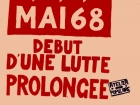
Polychronicon 162: Reinterpreting the May 1968 events in France
ArticleClick to view -

Populism, Progressivism and Trumpism
ArticleClick to view -

Power and Freedom in Britain and Ireland: 1714–2010
30th October 2025Click to view -
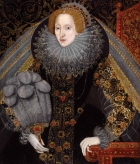
Private Lives of the Tudors
ArticleClick to view -

Punk, Politics and the collapse of consensus in Britain
ArticleClick to view -
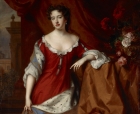
Queen Anne
PodcastClick to view -
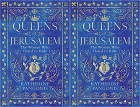
Queens of Jerusalem: The Women Who Dared to Rule
ArticleClick to view -
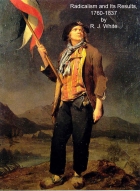
Radicalism and its Results, 1760-1837
ArticleClick to view -
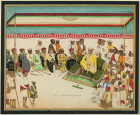
Real Lives: Maharaja’s German: Anthony Pohlmann in India
ArticleClick to view -
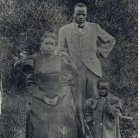
Real Lives: The Reverend John Chilembwe
ArticleClick to view -

Recorded webinar: The People of 1381
ArticleClick to view -
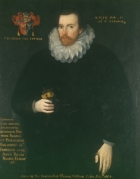
Reinventing the Charter: from Sir Edward Coke to 'freeborn John'
ArticleClick to view -
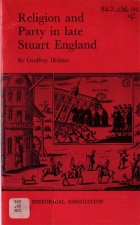
Religion and Party in Late Stuart England
ArticleClick to view -
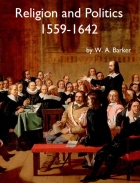
Religion and Politics 1559-1642
ArticleClick to view -
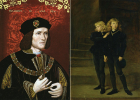
Richard III and the Princes in the Tower: update
ArticleClick to view -
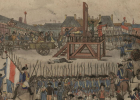
Robespierre: a reluctant terrorist?
ArticleClick to view -
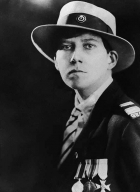
Rotha Lintorn-Orman: the making of a fascist leader
ArticleClick to view -

Sparta and war: myths and realities
ArticleClick to view

